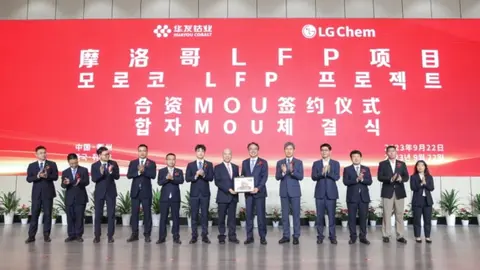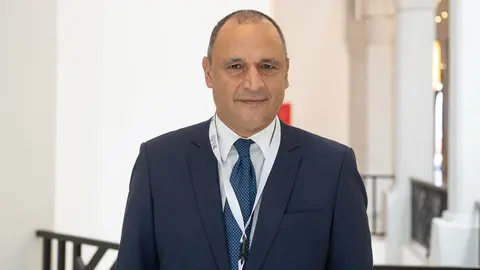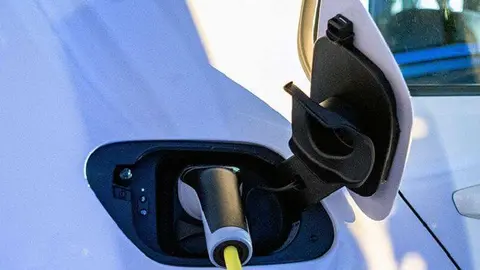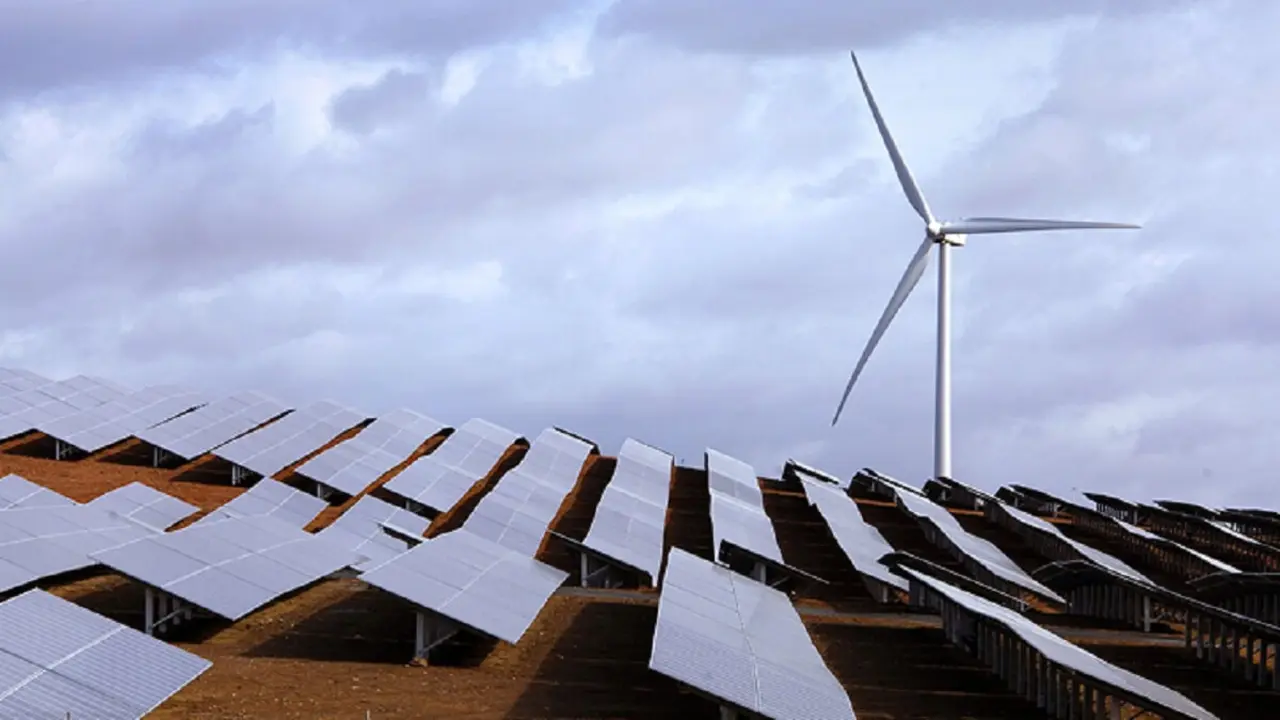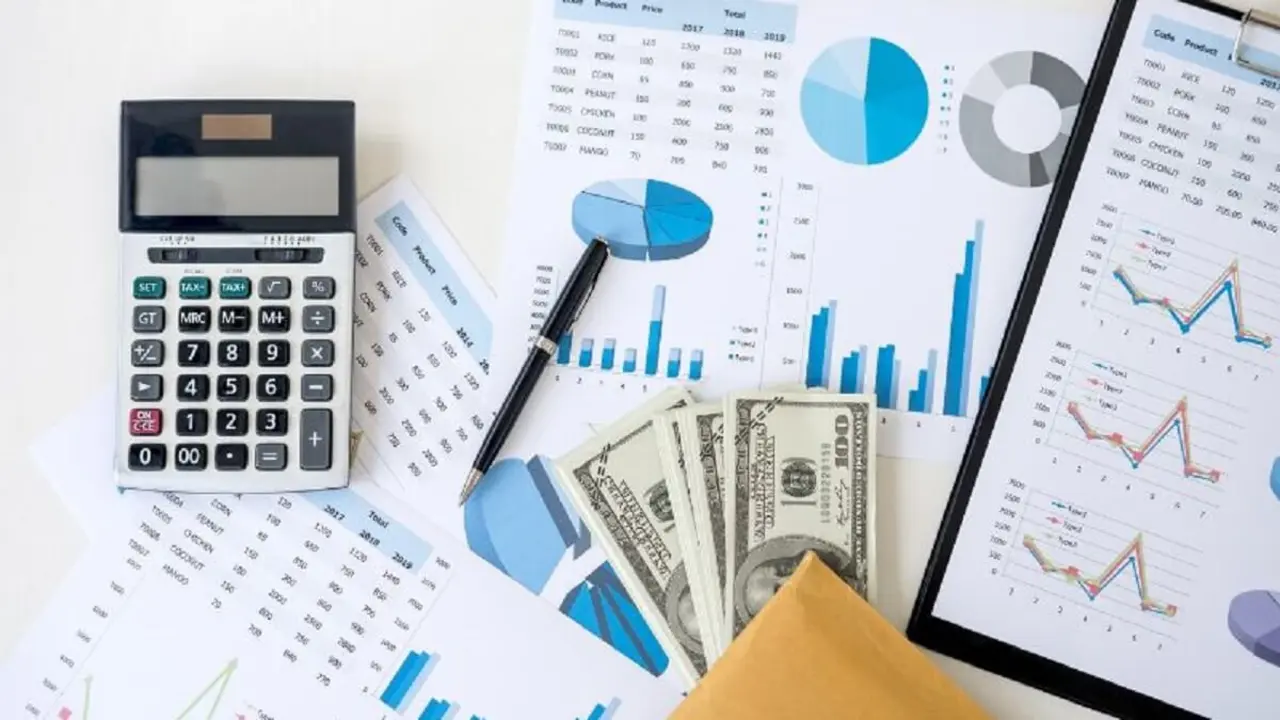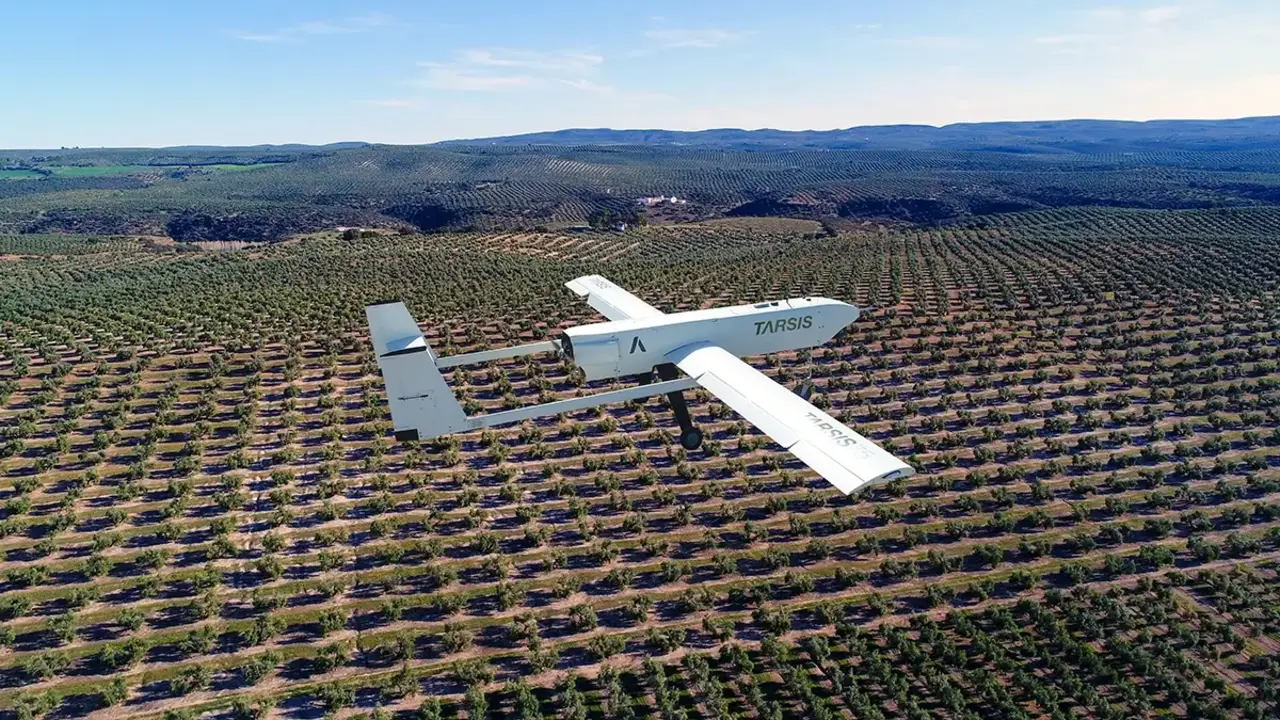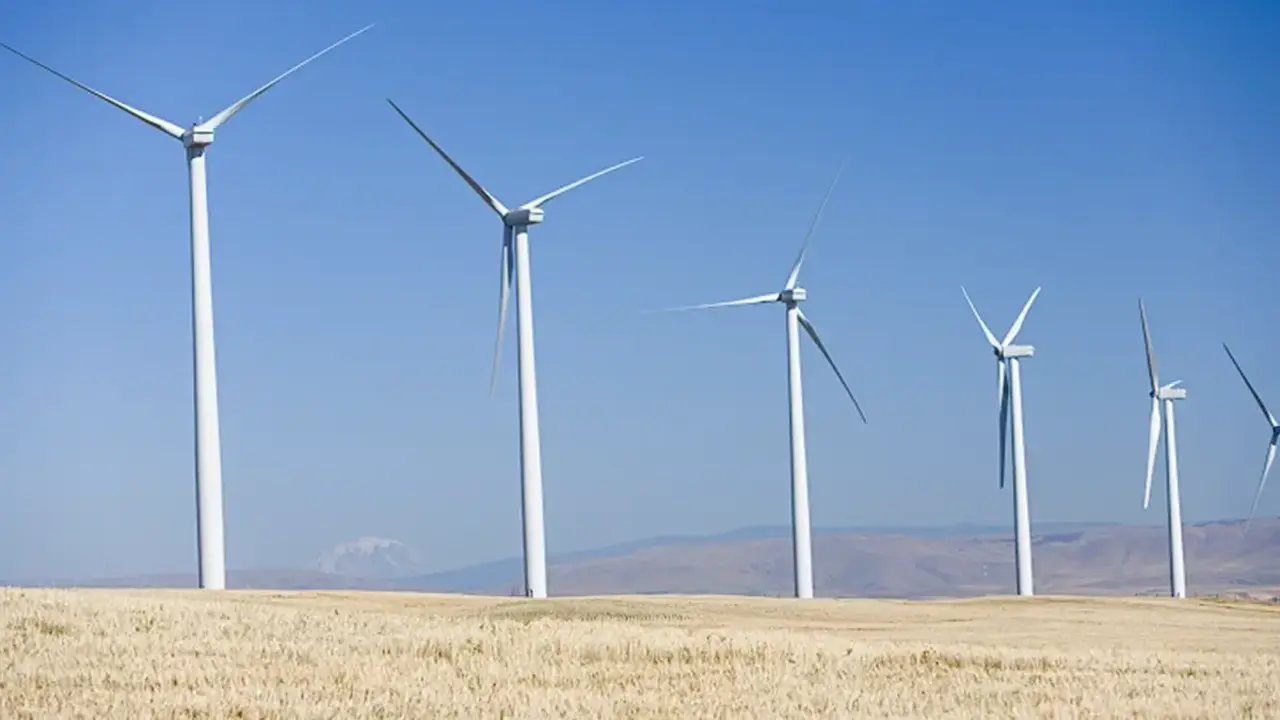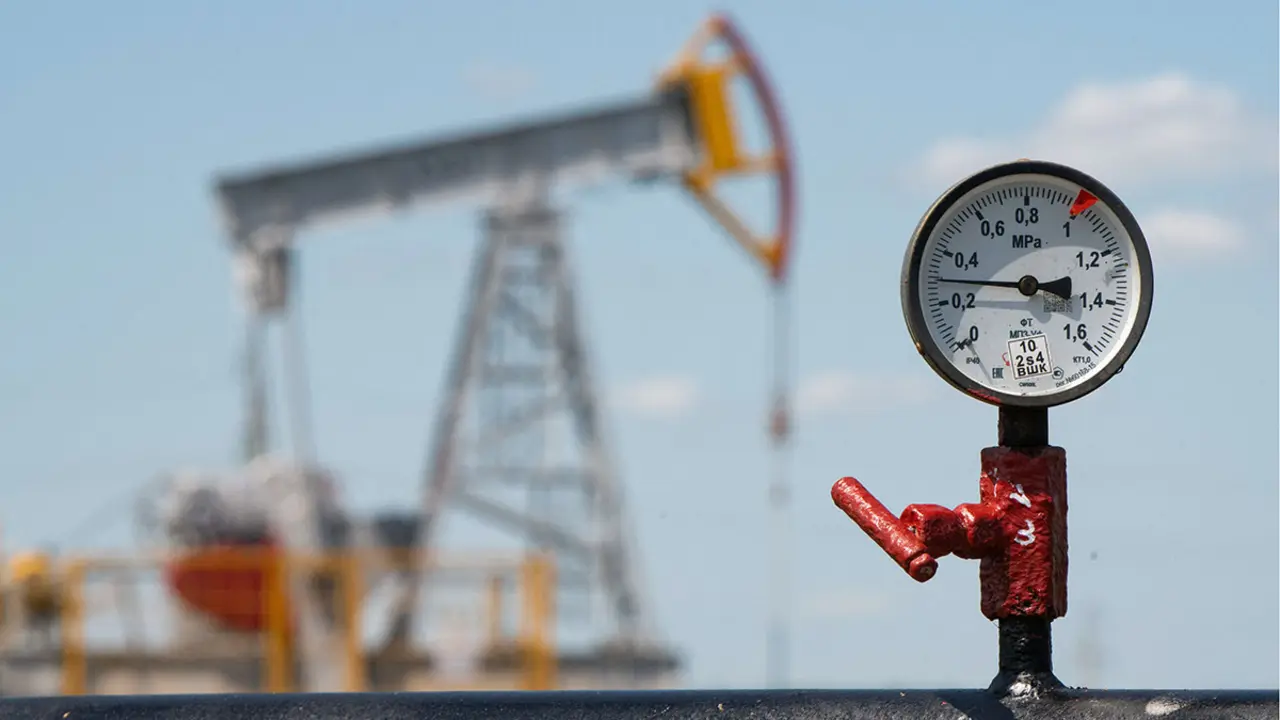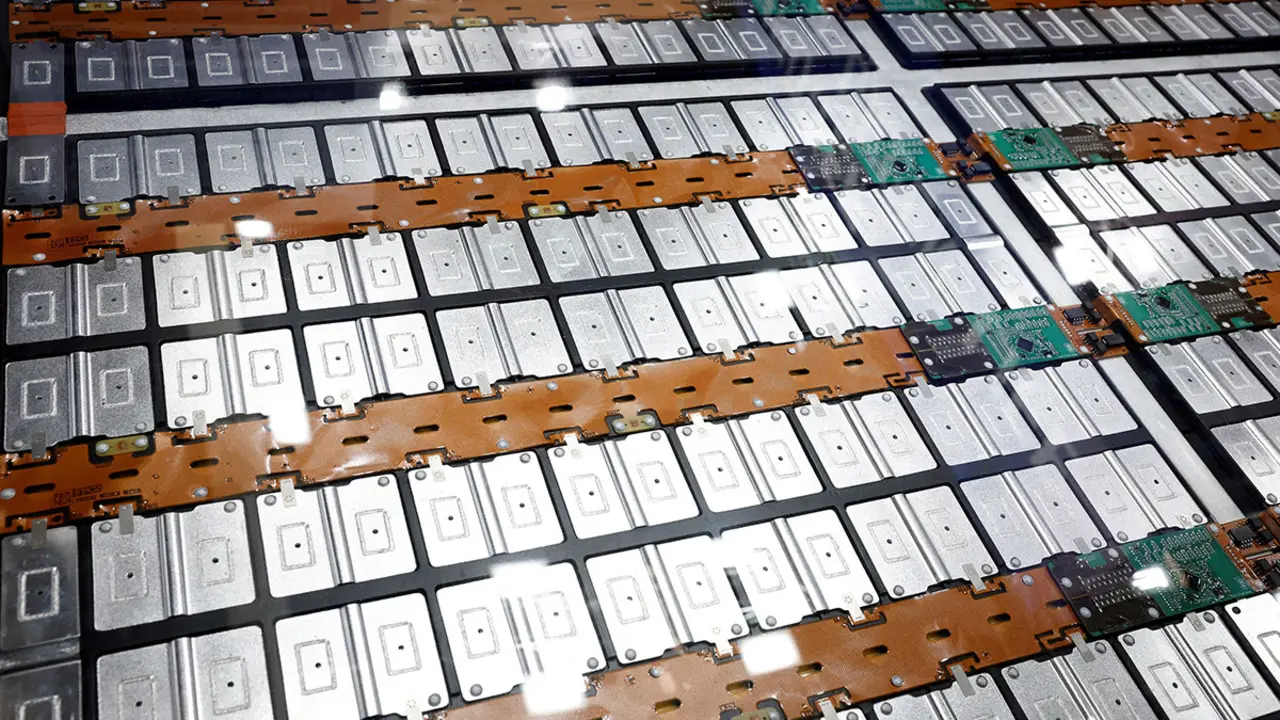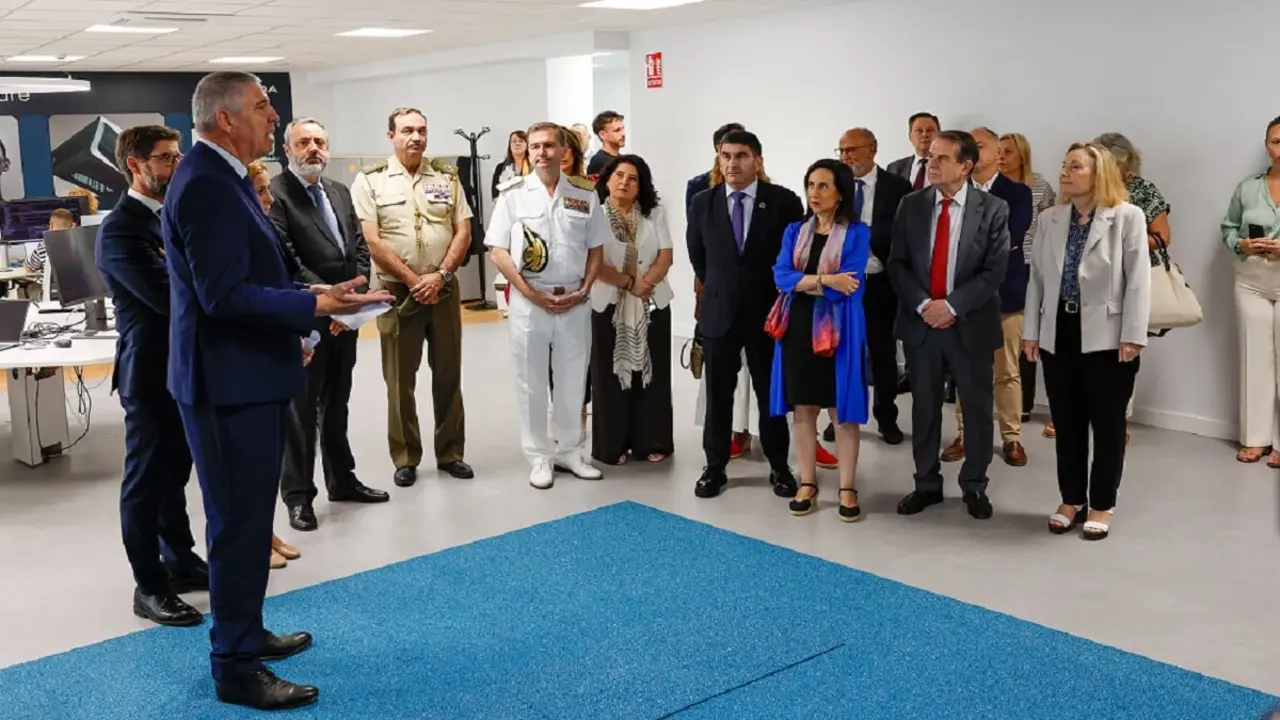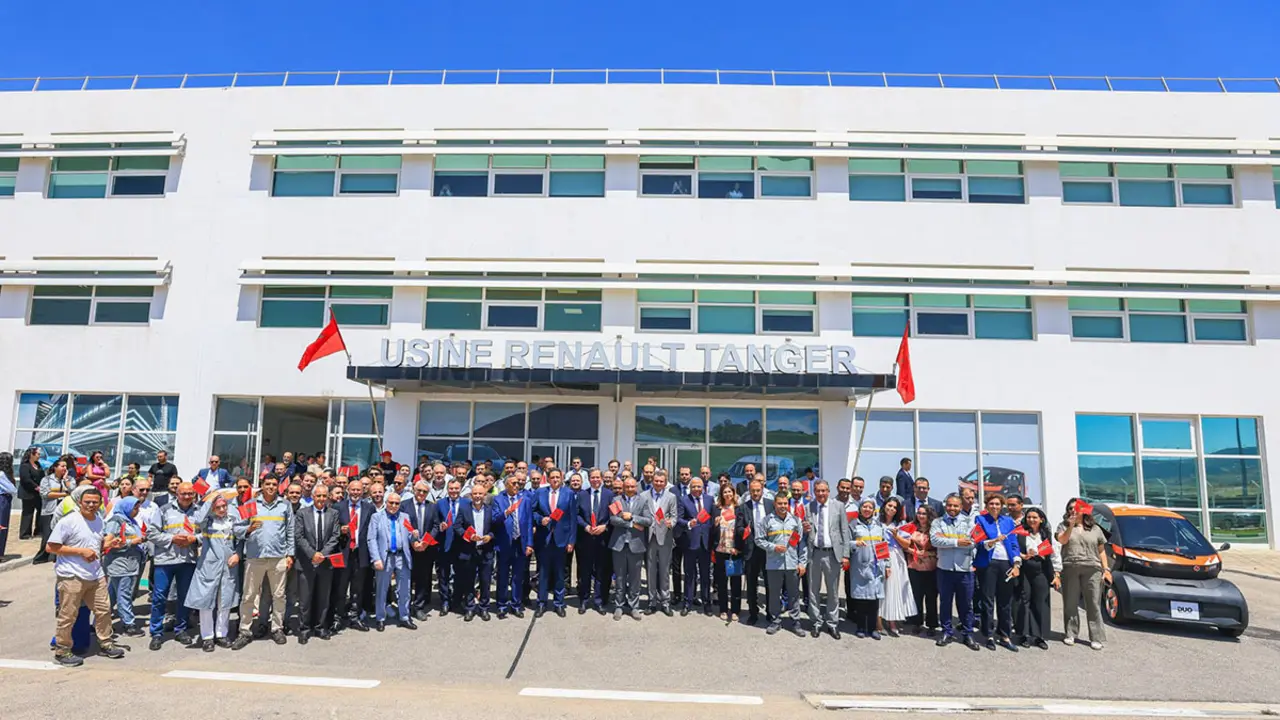Gotion High-Tech creates its first gigafactory in Morocco for electric batteries
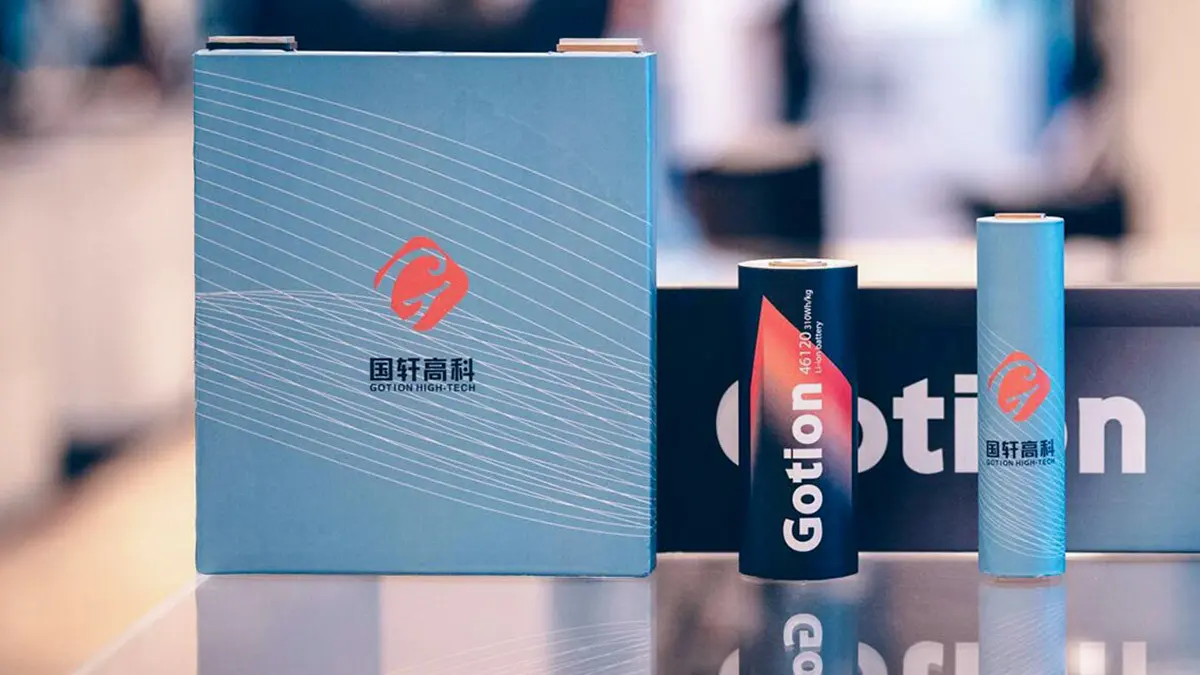
- Gotion High Tech, Morocco's commitment to internationalisation
- Advantages of the choice of Morocco: strengths
- Gotion High-Tech: batteries ready for electric vehicles by June 2026
Morocco and the Chinese-European group Gotion High-Tech signed in Rabat at a ceremony presided over by the head of government, Aziz Akhannouch, an investment agreement of about 1.2 billion euros for the creation of a complete industrial ecosystem for the manufacture of electric batteries in Kenitra.
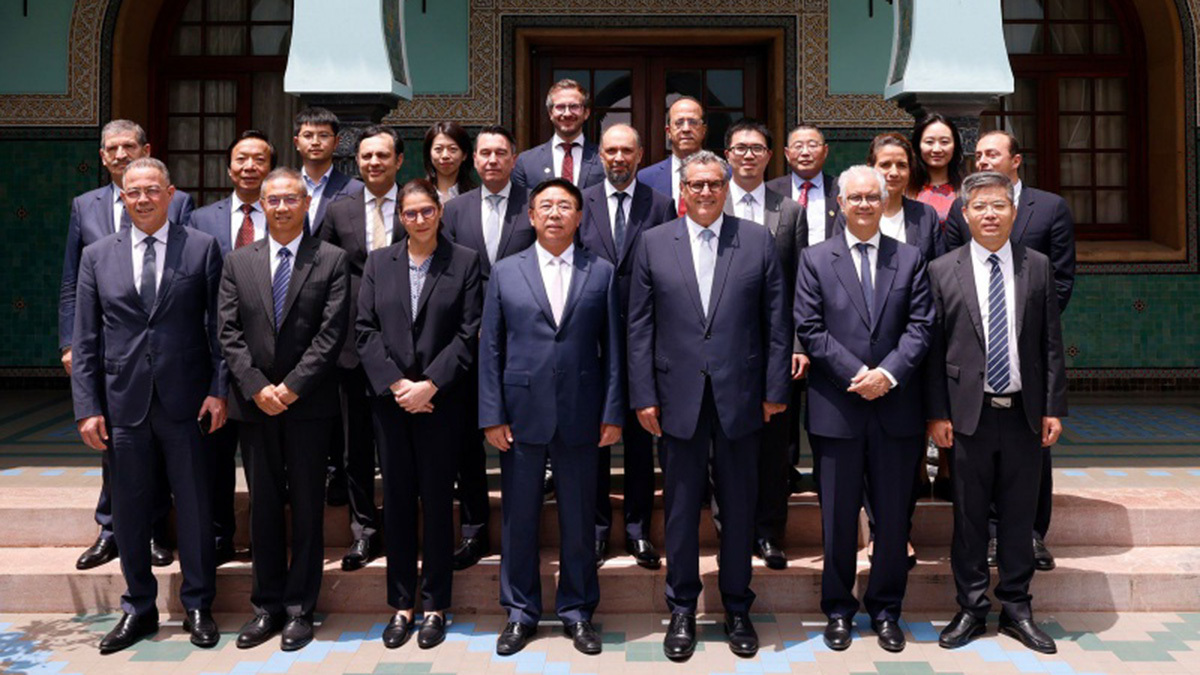
This major strategic investment constitutes not only the first gigafactory to be built in Morocco, but also the first of its kind in the entire Middle East and Africa region.
‘Moroccans should be proud of this historic moment when their country has succeeded in bringing to fruition this investment, the first of its kind in the Maghreb and the MENA region,’ said the Minister in charge of Investment, Convergence and Evaluation of Public Policies, Mohcine Jazouli.
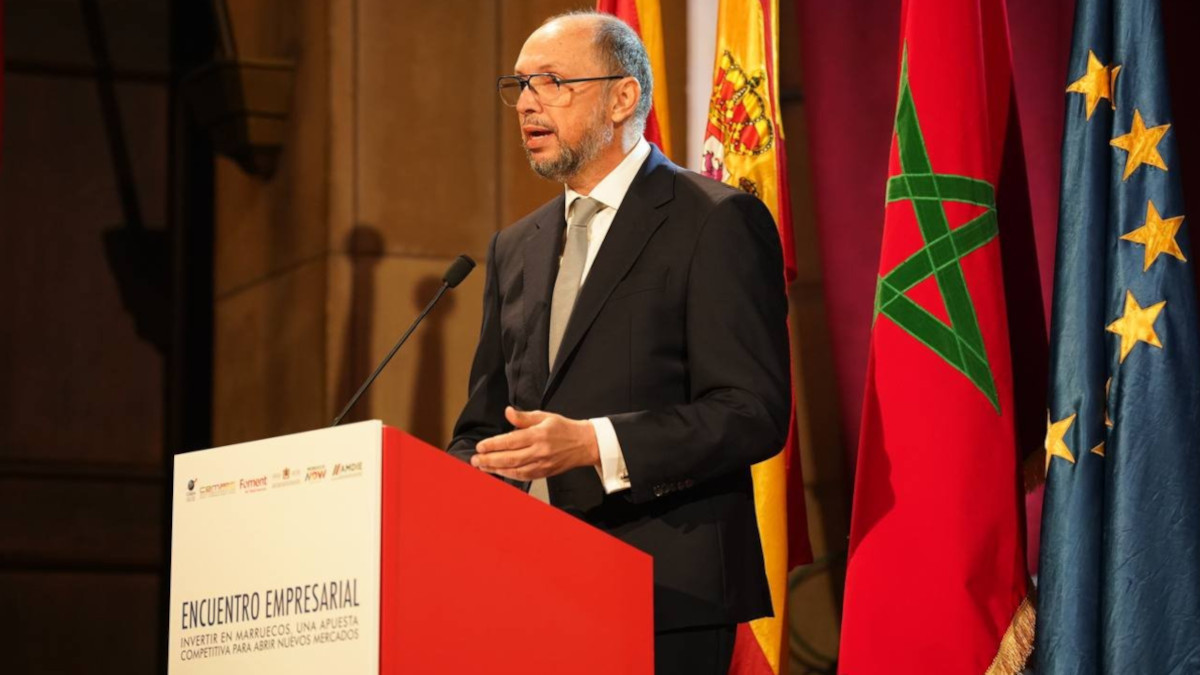
In this context, Jazouli recalled the government's strategy focused on making investments worth a total of 50 billion euros between 2022 and 2026, with a view to creating nearly 500,000 jobs.
This is an achievement that consolidates the North African country's position as a regional leader in the automotive industry and energy transition, in accordance with the strategic vision of King Mohammed VI.
Gotion High Tech, Morocco's commitment to internationalisation
The Sino-European company Gotion High-Tech is a world leader in the electric battery sector and has the German Volkswagen Group as a reference shareholder, which reinforced Morocco's confidence in the group to develop this sector on its national territory.
To meet the huge global demand for electric mobility, the Chinese group has invested heavily in Europe, the United States and Asia, with nearly 12 gigafactories commissioned in the last two years.
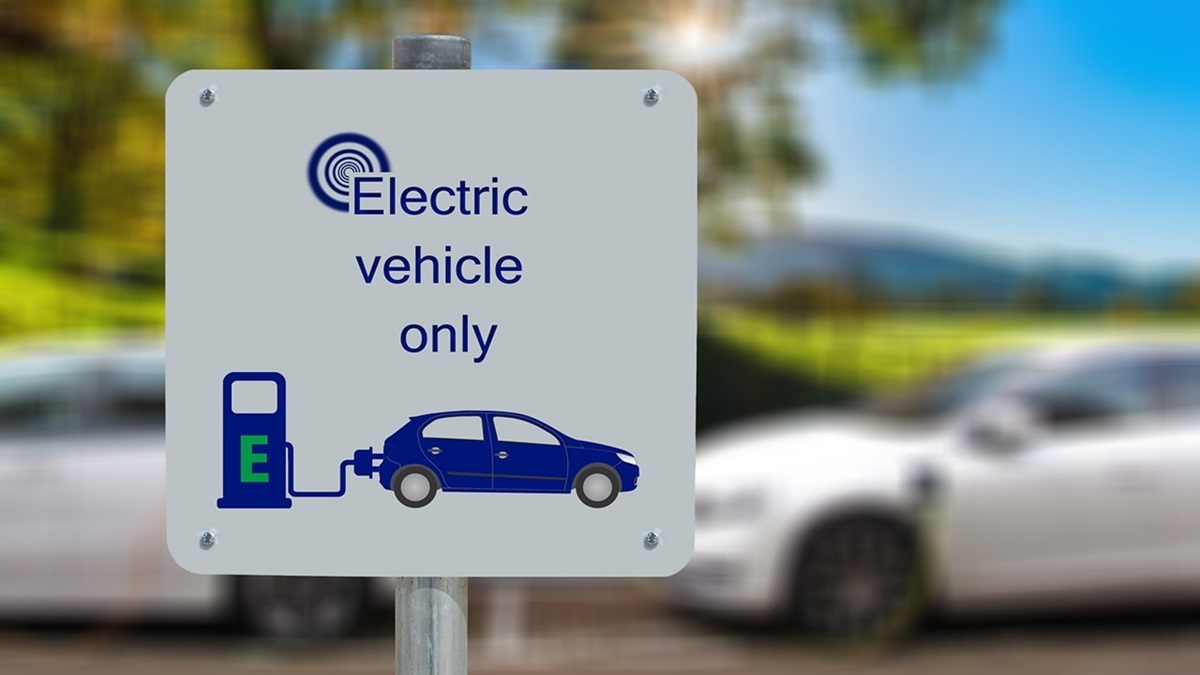
Gotion High-Tech has the necessary skills to work internationally with other players, manage and supply the raw materials for decarbonised batteries produced from lithium, iron and phosphates.
The integrated project of the Kenitra gigafactory for the production of batteries for electric vehicles with a capacity of 20 GWh will create 17,000 direct, indirect and induced jobs.
Advantages of the choice of Morocco: strengths
Mohcine Jazouli explained that ‘several countries competed for the contract, but the strengths of the Kingdom of Morocco are what made it prevail; such as the stability and security enjoyed by the country and the youth of its population that will provide a sustainable skilled workforce’.
Other key positive elements are, according to Jazouli, Morocco's basic infrastructure and the 50 free trade agreements that link the Kingdom with European countries and the United States.
The Kingdom's choice of location for Gotion High-Tech's new gigafactory reflects its confidence in Morocco as a preferred destination and centre for investment, especially in industrial ecosystems that create jobs and high added value.

In recent years, Morocco has become a pole of reference in the automotive and aeronautics sectors, which has enabled it to become an increasingly strong link in international value chains.
Building on its new vision of industrialisation and the country's strengths, Morocco is strengthening its positioning in high value-added businesses such as electric mobility, in order to support the transition of its automotive ecosystem towards electric energy.
'Renewable energies represent one of the most important advantages in Morocco, which should reduce the plant's production costs. Therefore, opting for green energy is the solution to address the high cost of energy,’ according to a statement by the Minister Delegate in charge of Investment, Convergence and Evaluation of Public Policies.
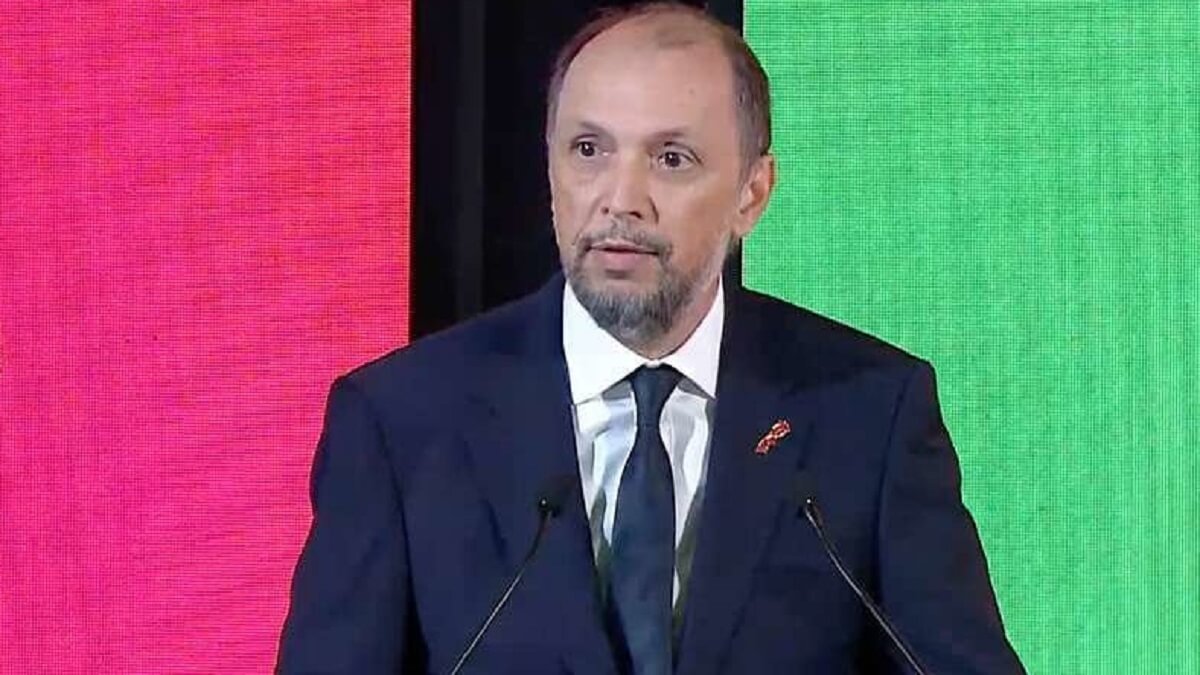
Gotion High-Tech: batteries ready for electric vehicles by June 2026
The plant will start with the first phase of the development of the group's industrial activities in Morocco whose production of 20 GWh batteries for electric vehicles is scheduled for June 2026.
With an overall investment of 6.5 billion euros, production could reach 120 GWh in the coming years. 85% of the manufacturer's electric battery production will be exported.
The investment agreement with the Chinese company aims to create 17,000 jobs, of which 10,000 are direct and 2,300 are highly qualified. The project will contribute to the economic development of the region; as well as improve employment opportunities for the local population.

